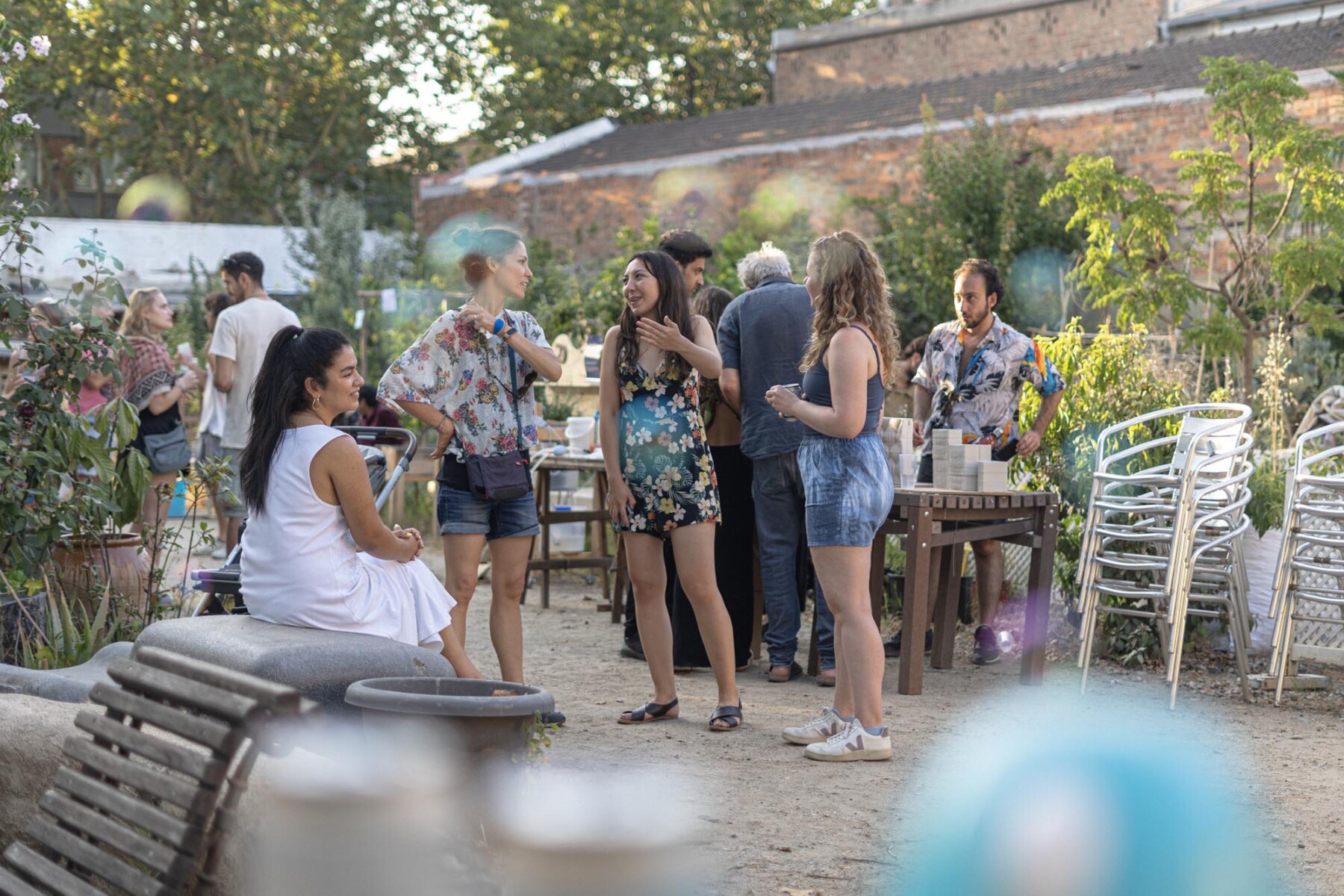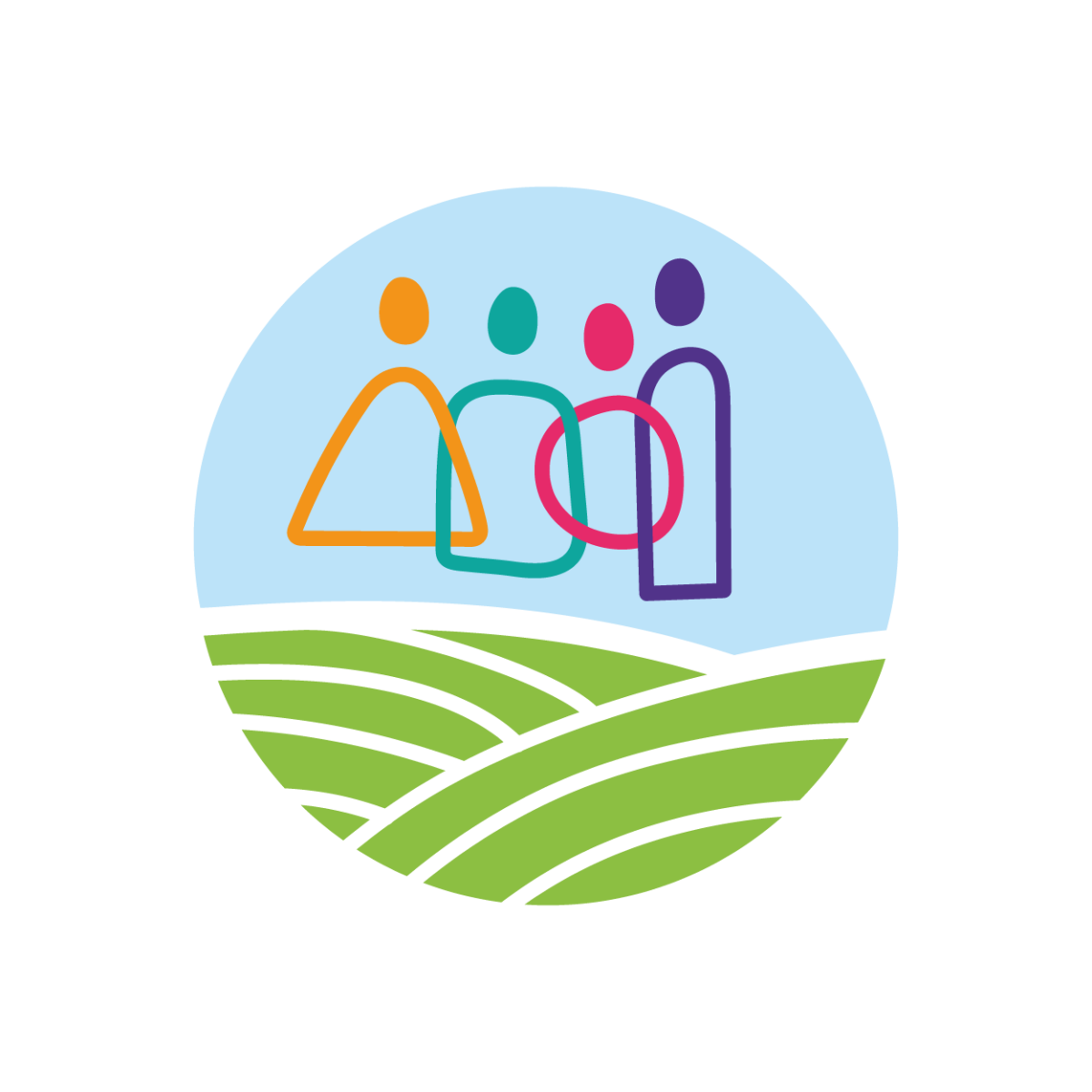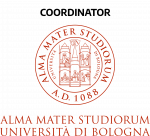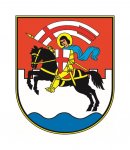

RURACTIVE
Empowering rural communities to act for change
The Challenge
Support rural communities and territories to transition towards vibrant centers for sustainable, balanced, and inclusive development based on innovation, local resources, grassroots action, creativity, and social inclusion, resulting in attractive places for all people to live, work and stay.
Our Solution
Establish local Multi-Actor Rural Innovation Ecosystems by working closely with 12 pilot areas, called Dynamos. To ensure their sustainability, the project places great emphasis on addressing and strengthening multilevel governance, training and capacity development, place-based progress, and inclusive participatory processes.
Type of Project
HORIZON-CL6-2022-COMMUNITIES-02-01-two-stage – Smart solutions for smart rural communities: empowering rural communities and smart villages to innovate for societal change.
Platform Outputs
Place-based established practices, products, processes, actions, models of governance, decision-making practices, initiatives, policies, and plans made up by one or a combination of various forms of innovations that drive rural communities towards a sustainability transformation.
The Project
RURACTIVE aims to support rural communities and territories to transition towards vibrant centres for sustainable, balanced, and inclusive development based on innovation, local resources, grassroots action, creativity and social inclusion, resulting in attractive places for all people to live, work and stay. As recognised by the EC, ‘rural areas will have a vital role to play in delivering the green transition and meeting Europe’s ambitious climate and environmental targets’ (EC, 2020a). This role is also acknowledged in the Green Deal and the Long-Term Vision for Rural Areas, with the latter emphasising how rural areas could embrace the emerging opportunities of the EU green and digital transitions and lessons learned from the Covid-19 pandemic. These accounts underscore the importance of rural areas in leading the way towards sustainable transition. Nevertheless, long-term challenges including contentious issues of food production versus land preservation, infrastructural bottlenecks, demographic structure and depopulation, education and capabilities factors are still unresolved and are affecting the possibilities of rural development that is just and inclusive (Huguenot-Noël & Vaquero Piñeiro, 2022).
The project fosters long-term sustainability by promoting multilevel governance, capacity building, place-based development, and inclusive processes. Digital connectivity, mutual learning and skill exchange are emphasised as crucial tools for economic diversification in rural areas, ensuring that all individuals, especially those at risk of being left behind, are equipped with digital skills and resources. This will be achieved through a variety of activities such as knowledge exchange, capacity building, training and networking. Within RURACTIVE, all rural communities’ members – leaving no one behind – will be included in the transition towards a sustainable, balanced, and inclusive development.
Our Contribution
RURACTIVE works closely with the 12 pilot areas, called Dynamos, to establish local Multi-Actor Rural Innovation Ecosystems. To ensure their sustainability, the project places great emphasis on addressing and strengthening multilevel governance, training and capacity development, place-based progress and inclusive participatory processes looking also at more vulnerable groups such as young and older people, people with disability, migrants and minorities, and long term unemployed. In a transversal way, the project also aims to unlock women-led innovation, tapping into the unique perspectives and capabilities women bring to rural development. Digital connectivity and learning are considered key enablers for the diversification of economic activities and smart solutions for rural communities.
To ensure a sustainable transition of rural areas, RURACTIVE lies its foundation across three pillars, called hereafter crosscutting priorities. These priorities are Climate change adaptation and mitigation, Biodiversity, Social justice and inclusion and we consider them as the cutting-edge factors at the basis of rural sustainable transition.
RURACTIVE has selected six Rural Development Drivers (RDDs,) namely
- Sustainable multimodal mobility
- Energy transition and climate neutrality
- Sustainable agri-food systems and ecosystem management
- Nature-based and cultural tourism
- Culture and cultural innovation
- Local services, health and well-being as the main vectors driving sustainable and just innovation in rural areas
Starting from the identification of target groups’ gaps and needs on digital skills, a learning programme will be developed looking at the improvement of rural communities’ digital literacy, making participants able to make the basic operations of digital devices, creating a fertile environment of the developed solutions to be better and wider used, building skills around coding and physical computing, digital fabrication, maker skills (prototyping and fabrication) and circular practices (materials and sustainability).
Who is it for?
RURACTIVE is dedicated to including and empowering all members of rural communities in the transition towards sustainable, balanced, and inclusive development, with a particular focus on social groups historically excluded or underrepresented in rural development decision-making processes. RURACTIVE solutions are co-created, co-implemented, and co-monitored with and for all community members. This commitment involves ensuring that no one is left behind in the process of identifying, engaging, and empowering stakeholders and community groups within Rural Innovation Ecosystems. Acknowledging that various social factors intersect simultaneously and are not exhaustive in defining social exclusion per se, RURACTIVE simplifies this complex understanding by defining specific vulnerable groups and groups at risk of social exclusion and underrepresentation that include – but are not limited to – the following:
- Young people – 18-29 years old: They suffer more than other age groups from unemployment, difficult access to education and training, obstacles to set up new businesses, and lack of basic service, often causing young people migration to bigger towns and cities.
- Older people – 65 years and over: They often face isolation, social exclusion and difficult access to basic services.
- People with disabilities: people with long-term physical, mental, intellectual, or sensory impairments may, in interaction with various barriers, be hindered in their full and effective participation in society on an equal basis with others. The lack of specialised support services for people with disabilities is a major barrier to their independent living in rural areas.
- Migrants as well as linguistic/ethnic and religious minorities: Migrants residing in rural areas and mostly working in temporary and precarious agricultural jobs. Migrants and minorities are a particularly vulnerable group mostly left out from decision-making processes and practices.
- Long-term unemployed people – people who are out of work and have been actively seeking employment for at least a year: Long-term unemployment in rural areas is worsened by limited job options and poor infrastructure, which hinders skill acquisition and perpetuates joblessness and social exclusion.
And what about the gender dimension? In RURACTIVE, the approach to gender is inherently transversal. RURACTIVE places significant emphasis on women, acknowledging their critical role in the development and sustainability of rural areas. Despite their substantial contributions, women often encounter barriers to full participation in decision-making processes, and their roles and contributions are frequently underestimated. Therefore, RURACTIVE’s approach goes beyond ensuring fair representation and participation of women. It aims to unlock women-led innovation, tapping into the unique perspectives and capabilities women bring to rural development. At the same time, RURACTIVE is committed to ensuring that individuals belonging to gender and sexual minorities (LGBTQ+) face no discrimination.






















